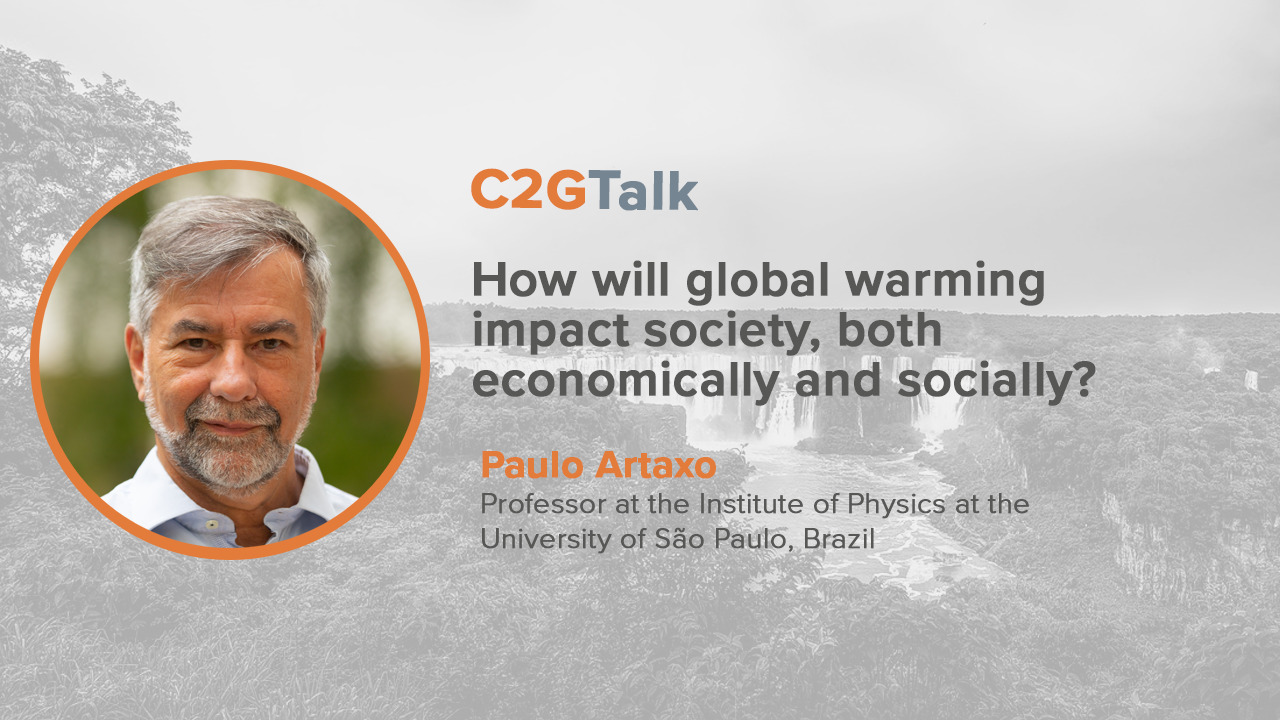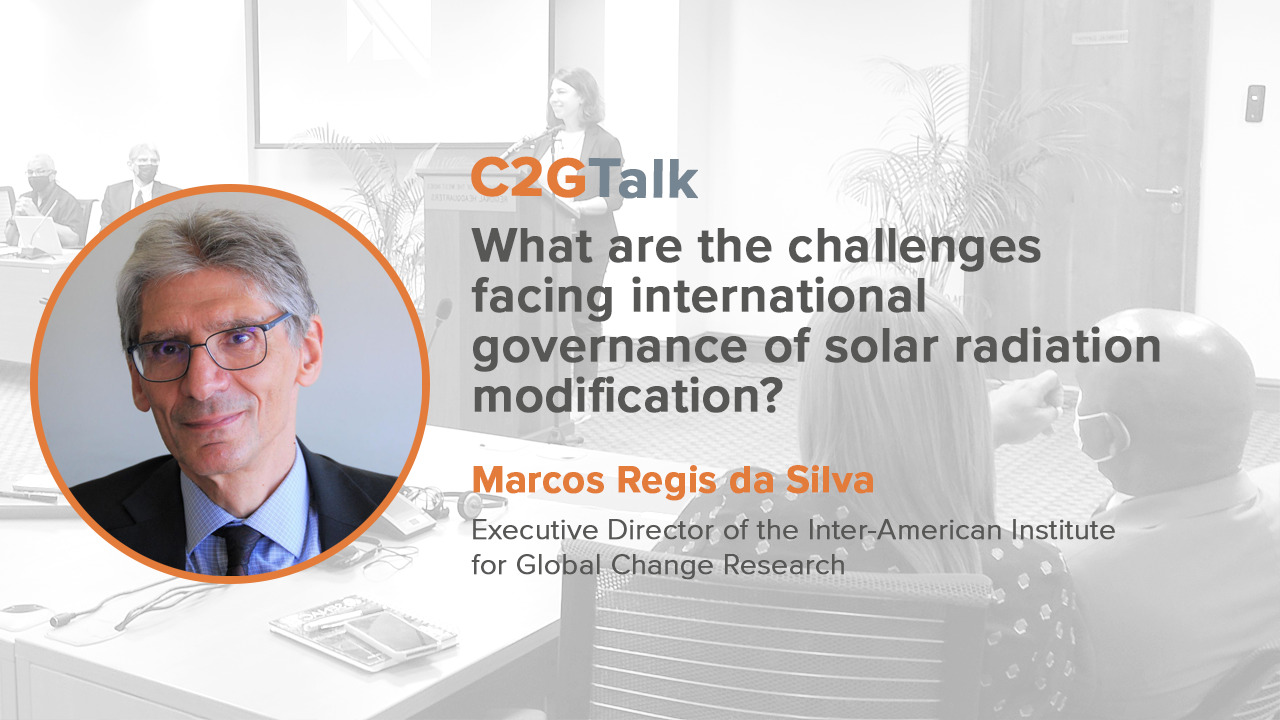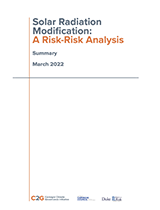Americas Conference on Solar Radiation Modification: Science, Governance and Implications for the Region
24 and 25 August 2022
Kingston, Jamaica
Participants included policy makers, climate experts and SRM researchers from across the region. Researchers shared their findings and the event allowed for open discussions on SRM evaluation, governance, and broader engagement.
Exploring the potential risks and benefits of SRM in a warming world
Speakers highlighted the importance of viewing SRM from a risk-risk perspective, where the risks of SRM need to be judged against the risks of climate change without climate interventions. Dr Krug explained how considering SRM in isolation could be misleading – making it even more controversial – as it should only be considered as a supplement to climate mitigation and adaptation.
Further sessions explored the current state of SRM research, and guest speakers highlighted the global nature of SRM evaluation. Bilal Anwar discussed the potential for SRM to reduce or compound climate impacts in Pakistan, while Dr Chris Lennard spoke of the lack of research funding across Africa, despite its extreme climate vulnerability.
The day concluded with a session on views on SRM from the Americas. Dr Inés Camilloni, climatologist specialized in climate change in South America and Principal Investigator of a research project in Argentina, presented on the key findings from her paper titled ‘La Plata Basin (LPB) Hydroclimate Response to Solar Radiation Modification With Stratospheric Aerosol Injection’. The results of this research showed there was an increase in precipitation combined with reduced warming, compared with an unchecked high-emission scenario.
Discussing the implications of SRM
Dr Inés Camilloni then took to the stage for a second time, to discuss the risks of overshoot versus the risks of SRM to both physical and societal systems. She emphasized how SRM had the potential to act as an alternative over global commitments to emission reduction and concluded by stating that the risks of SRM depend on the technology that was to be used, the way in which it was deployed, and the governance mechanisms that were put in place
These presentations were followed by group discussions on some of the governance challenges around SRM.
Prof Frank Keutsch (Harvard University) and Dr Shuchi Talati (American University) presented their work on the SCoPEx: Experiment and its governance through the advisory committee. Dr Keutsch and Dr Talati asked participants to discuss two questions: What information would they want if they were responsible for potential implementation of an outdoor experiment in their borders? Is the governance framework on the SCoPEx project adequate, or are there other factors to consider?
Discussions during the plenary session focused on regional governance implications, and the political complexities of SRM research. Several participants felt that SCoPEx would not be possible within their countries borders due to the political implications, but there was acceptance of the US conducting such an experiment. Some raised concerns about where in the US this would take place, in case there were any wider regional effects.
The event culminated in a discussion led by Dr Marcos Regis da Silva and Dr Paulo Artaxo, who stressed the importance of strengthening intergovernmental and scientific collaborations for continued conversations, and bringing about a greater awareness of SRM research.
The importance of continued research
Researchers from Argentina, Jamaica, and the USA presented their findings for critical evaluation by climate experts from across the Americas. Participants addressed a range of contentious issues arising from deliberate interventions in the climate system; and they also discussed their concerns about SRM governance, and its political implications.
There was consensus on the need for further research in both the physical and social sciences.
Participants from countries such as Mexico, Canada and Jamaica argued that this would allow for more informed decision making, and would help ensure that future decisions were guided by “knowledge rather than fear”.
– Originally published September 10, 2022 on the Degrees Initiative’s webpage
Event Report
Interviews with Experts
Biologist Ministry of Science, Technology, and Innovation
Senior Research Fellow, Sibley School of Mechanical and Aerospace Engineering, Cornell University
Researcher, National Secretariat for Science, Technology, and Innovation, Republic of Panama and Chair of the Scientific Committee
Researcher Lecturer University of the West Indies
Professor of Applied Physics, University of São Paulo


